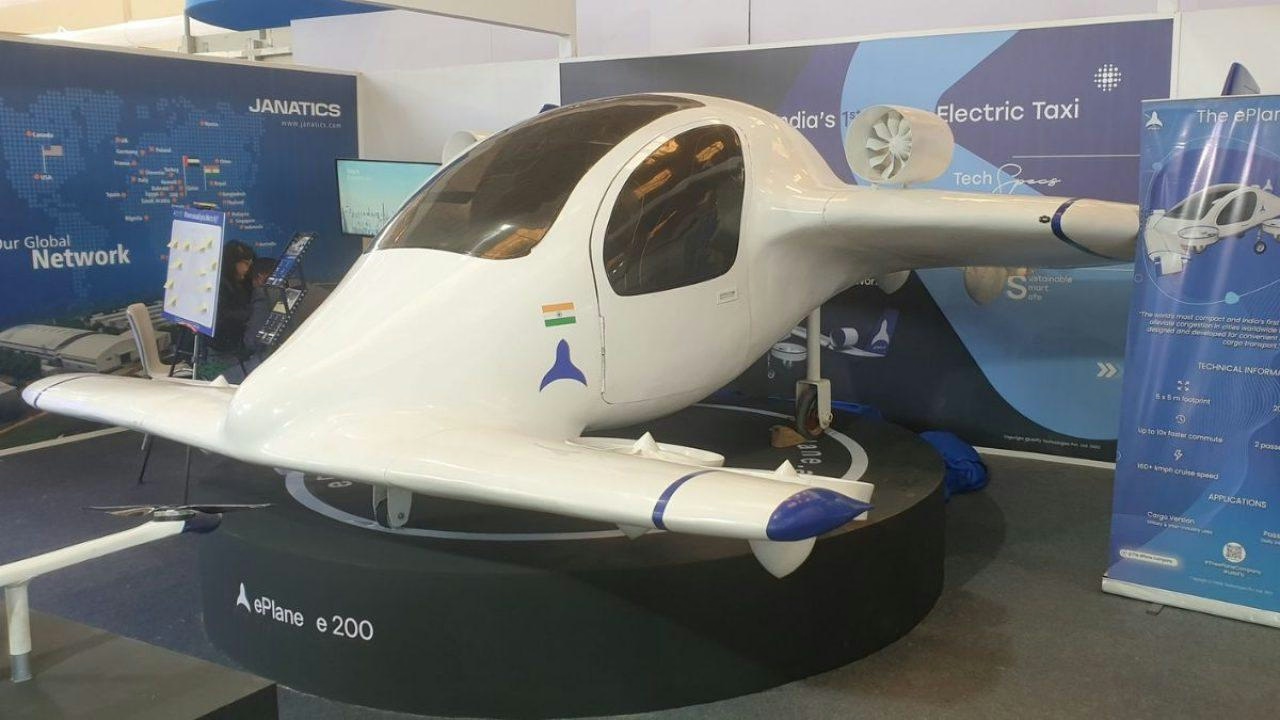エアロジニー — あなたのインテリジェントな副操縦士。
現在のトレンド
Categories
Cedric Paillard Discusses AI Strategies for Aviation Training

Cedric Paillard Discusses AI Strategies for Aviation Training
Integrating Artificial Intelligence into Pilot Training
At the APATS 2025 conference in Singapore, Cedric Paillard, CEO of the Airline Pilot Club, provided an in-depth perspective on the evolving role of artificial intelligence (AI) in aviation training. Speaking with Halldale correspondent Atul Chandra, Paillard emphasized that AI should be regarded as a powerful adjunct to human expertise rather than a replacement. His three-hour workshop focused on the integration of AI within Evidence-Based Training (EBT) and Competency-Based Training and Assessment (CBTA), highlighting how these technologies can enhance training effectiveness and consistency.
Paillard illustrated practical applications of AI, particularly in instructor calibration, where AI systems analyze audio and video data to improve training quality and outcomes. He introduced Orca, a new AI-driven product launched at APATS, designed to assist organizations in leveraging data analytics for continuous training improvement. This tool exemplifies the potential for AI to provide actionable insights that support both instructors and trainees.
Challenges and Industry Response
Despite the promising benefits, Paillard acknowledged significant challenges in adopting AI-driven training strategies. The implementation of such technologies demands considerable investment in infrastructure and workforce development, as instructors and staff must adapt to new tools and methodologies. Resistance from personnel accustomed to traditional training approaches remains a notable obstacle, underscoring the importance of effective change management.
The broader aviation market is responding with increased interest in AI-enhanced training solutions. Competitors are accelerating their investments in similar technologies to maintain a competitive advantage. Within the charter sector, ongoing pressures such as intensified competition and talent acquisition difficulties are influencing how new training strategies are perceived and adopted. These dynamics may affect the speed and success of AI integration across various segments of the aviation industry.
Looking ahead, Paillard is scheduled to continue this dialogue at EATS 2025 in Cascais, Portugal, where he will lead another comprehensive workshop on AI integration in aviation training. His insights provide a practical framework for training leaders aiming to implement data-driven strategies and enhance operational efficiency amid a rapidly evolving industry landscape.
As the aviation sector confronts technological transformation and market challenges, Paillard’s approach highlights the necessity of targeted, high-impact AI applications that balance innovation with the realities of investment, workforce adaptation, and competitive pressures.

Archer Aviation Partners with NVIDIA to Advance Aviation AI Technology

Chennai Startup to Develop India’s First Electric Air Taxi

Factors Positioning Airbus for Leadership in 2026

Emirates Unveils Cabin Design for New Boeing 777X

Eighteen Years On, the Airbus A380 Remains Central to a $34 Billion Airline

How a boom in luxury airline seats is slowing down jet deliveries

Navitaire Outage Attributed to Planned Maintenance

Airbus Plans Record Delivery of 870 Aircraft in 2026

DigiYatra Debuts Outside Aviation at India AI Impact Summit

Vietnam Orders Strengthen Boeing’s Commercial Outlook
